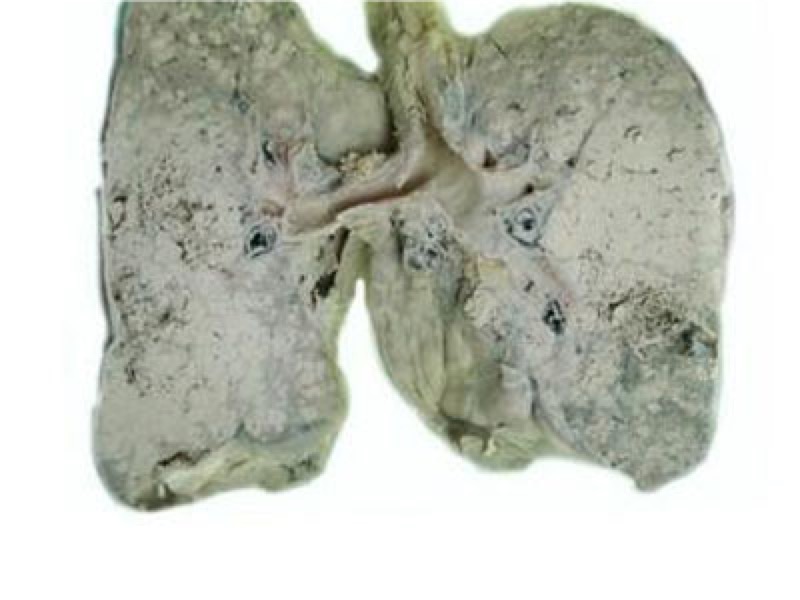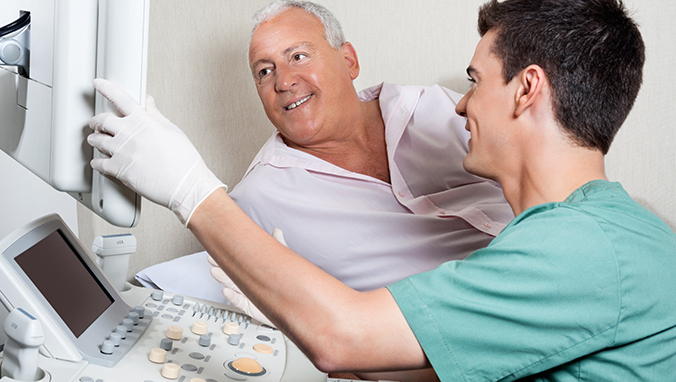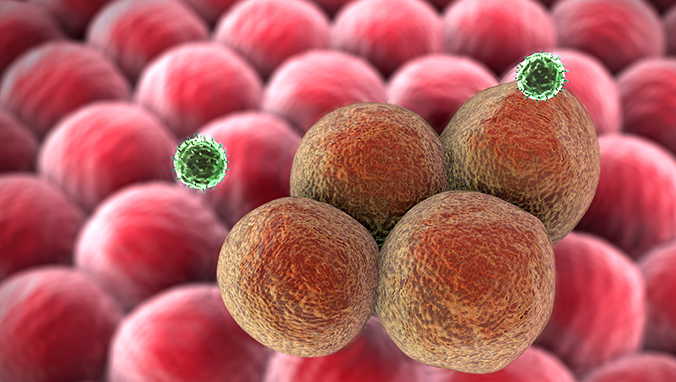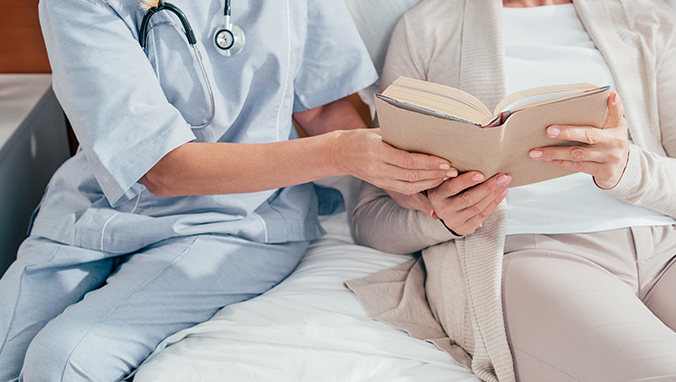What are the side effects of lung cancer after radiotherapy and chemotherapy?
What are the side effects of lung cancer after radiotherapy and chemotherapy? The emergence of lung cancer has deprived many families of happiness and beauty, and has taken away the precious lives of many people. Once diagnosed as lung cancer, the harm is very great because of the disease The morbidity and mortality rate are very high. Radiochemotherapy is one of the common methods for the treatment of lung cancer. So, what are the side effects of lung cancer after radiochemotherapy?

1. Leukopenia: In the process of radiotherapy and chemotherapy, infection occurs, and the phenomenon of low white blood cell count is called leukopenia. This will reduce the patient''s ability to fight infection. A neutrophil is especially important to fight infection. The phenomenon of neutropenia is called neutropenia. Infections can occur anywhere in the body, but usually the mouth, skin, lungs, urethra, rectum, and reproductive organs.
2. Anemia and thrombocytopenia: When there are too few red blood cells, the body tissues cannot get enough oxygen to work properly. This phenomenon is called anemia. Symptoms include fatigue, dizziness, paleness, chills, and even shortness of breath. At this time, it is also important to tell the doctor about the symptoms.
Chemotherapy drugs affect the bone marrow’s ability to produce platelets (platelets help stop bleeding by packing damaged blood vessels and helping blood clot). If there are not enough platelets in the patient’s blood, even a minor injury will cause bleeding or congestion more easily than usual. If you find small red spots on the skin, bloody red urine, blackened stools and blood, you should tell your doctor.
3. Damage to the heart: The normal cells most vulnerable to invasion are blood cells in the bone marrow and cells in the mouth, digestive tract, reproductive system and hair follicles. Certain chemotherapy drugs can damage cells in the heart, kidneys, bladder, lungs, and nervous system. Cell protection drugs can be used to protect the normal cells of the human body.
Most side effects also disappear after chemotherapy is stopped, because healthy cells recover quickly. The time to eliminate side effects and regain vitality varies from person to person and depends on many factors, including the overall health of the patient and the special medicines they take. Many side effects disappear very quickly, but some side effects will disappear after a few months or years.
Related Articles

- Early symptoms of lung cancer
- 2020-12-17

- Early Signs of Bladder Cancer
- What are the early symptoms of bladder cancer?
- 2020-12-17

- Is metastatic carcinoma easy to metastasize
- Once the cancer has metastasized, it will be very difficult to cure, because many people have lost their lives because of the emergence of cancer, so most people think that cancer is an un
- 2020-08-02

- What does microinfiltrating adenocarcinoma mean?
- Microinfiltrating adenocarcinoma is a type of lung cancer. The reason why it is called microinfiltration means that there is less infiltration around it, which means that it is in the early
- 2020-08-01

- How long can non-small cell adenocarcinoma live
- Adenocarcinoma is one of the most common malignant tumors in the world. Non-small cell adenocarcinoma accounts for about 80% of all adenocarcinomas. About 75% of patients are in the middle
- 2020-08-01

- Hand cancer
- Finger cancer generally refers to the appearance of skin cancer, which is characterized by local cauliflower-like skin and easy bleeding. Finger skin cancer is mostly a malignant tumor that
- 2020-08-01
